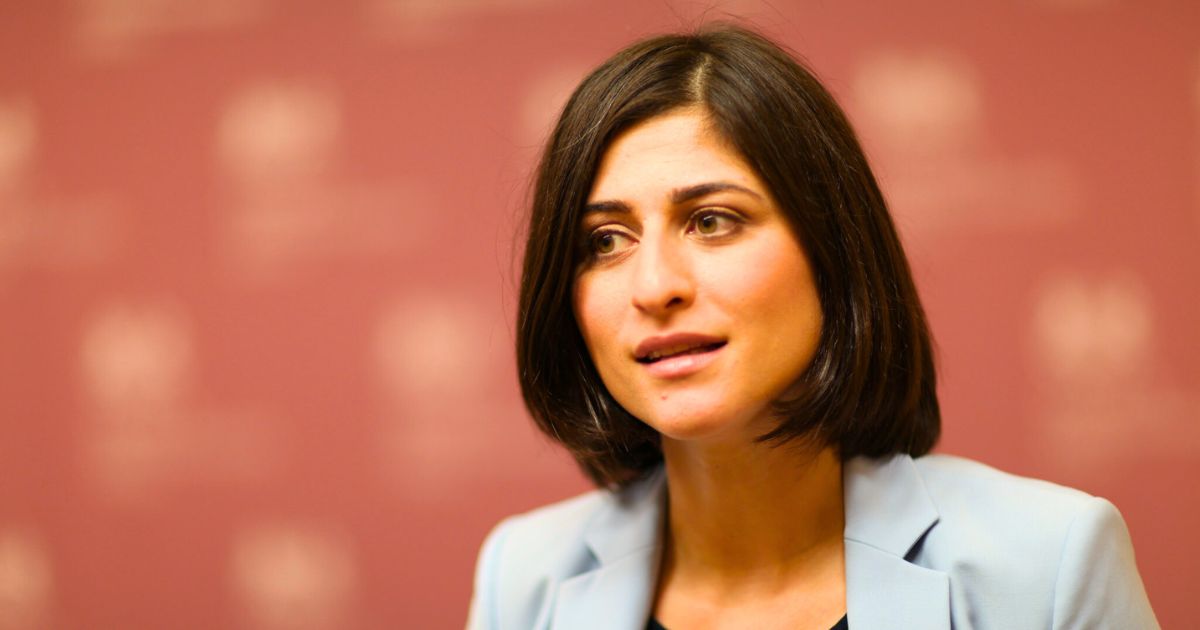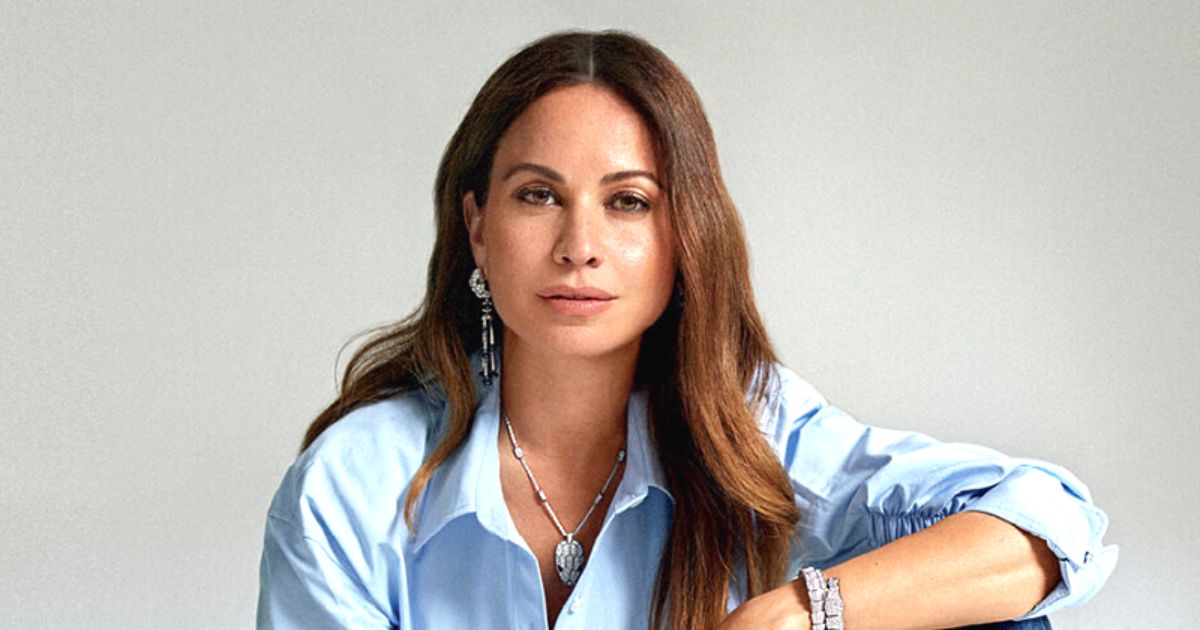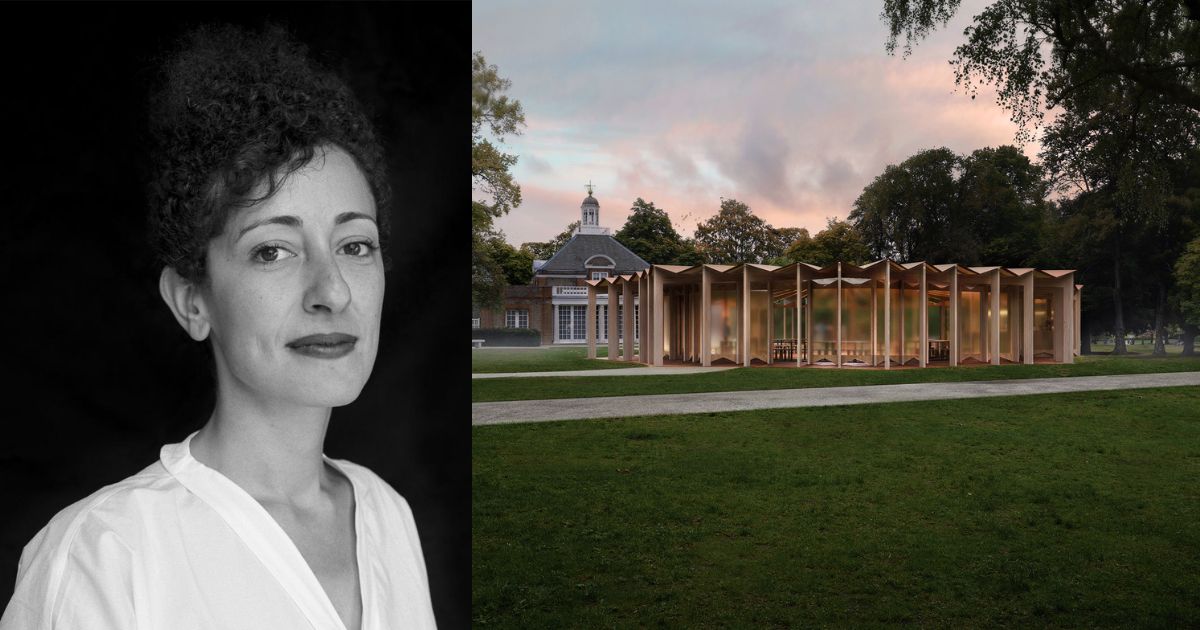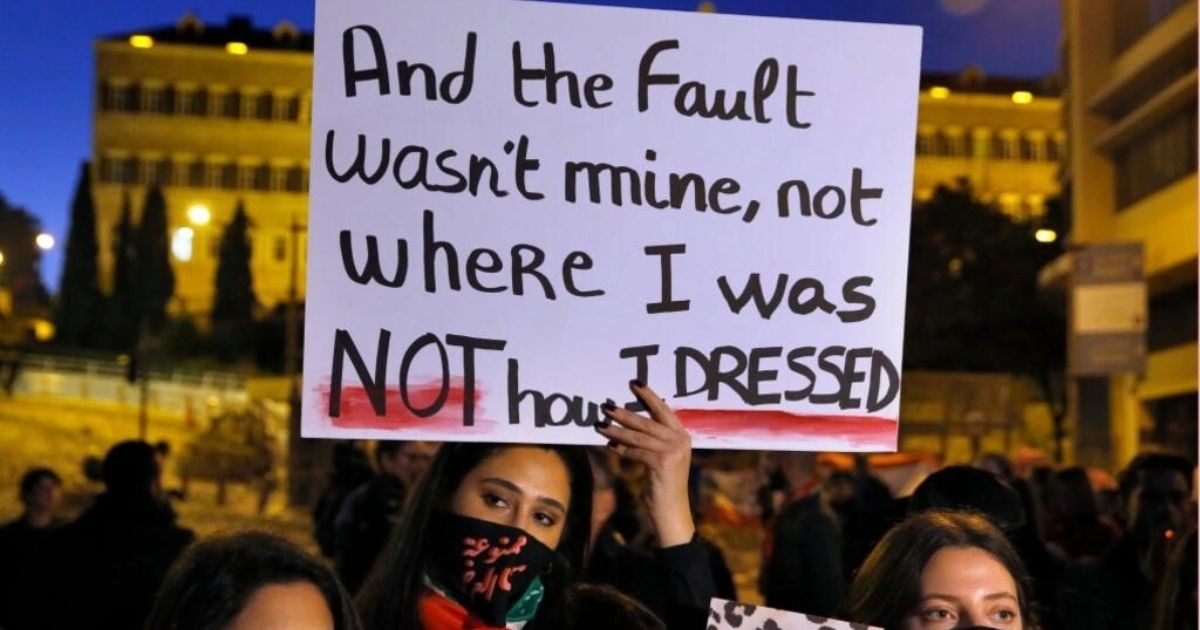For a country that takes pride in the high level of education of its women, and is well known for its feminist initiatives, as well as the freedom of activists to advocate on women’s rights as liberally as they want, Lebanon sees its gender gap between women and men getting bigger each year.
World Economic Forum’s reported in its Global Gender Gap Index report (released at the end of 2019) that Lebanon went from ranking 140th (out of 147 countries) to 145th (out of 153 countries) in the gender gap.
Lebanon falls slightly above Saudi Arabia, Syria, Iraq, and Yemen, and right below Morocco, Jordan, Oman, Qatar, Egypt, Bahrain, Algeria, Tunisia, and UAE.
According to the World Economic Forum, “Gender parity has a fundamental bearing on whether or not economies and societies thrive. Developing and deploying one-half of the world’s available talent has a huge bearing on the growth, competitiveness, and future-readiness of economies and businesses worldwide.”
The index’s rankings offer an effective means to benchmark progress. They are designed to create global awareness of the challenges that gender gaps pose, as well as the opportunities that emerge when action is taken to reduce them.
The Global Gender Gap Report 2020 benchmarks 153 countries on their progress towards gender parity in four dimensions: Economic participation and opportunity, educational attainment, health and survival, and political empowerment.
In addition, this year’s report examines gender gap prospects in the professions of the future.
According to UNDP, in the 2016 municipal elections in Lebanon about 100 more women were elected than in the 2010 municipal elections, while women still only represent 5.5% of the municipal council seats.
Also, only 23.5% of Lebanese women are part of the labor market, whereas the proportion of men is 70.3%. Nonetheless, only 3% of national parliamentary seats are held by women, according to UNDP studies.
The Lebanese Constitution (Article 7) affirms gender equality: “All Lebanese are equal before the law. They equally enjoy civil and political rights and are equally bound by public obligations and duties without any distinction.”
And yet, that is not the reality on the ground. The Lebanese woman is far from having rights equal to men, even under civil laws, including but not limited to the law not recognizing as Lebanese the children of Lebanese women unless the father is.
One of the evident gender gaps in Lebanon is the Personal Status Law, which is determined by clerics and not by secular sides.
In 1996, Lebanon ratified the Convention on the Elimination of All Forms of Discrimination against Women (CEDAW), adopted in 1979 by the UN General Assembly.
However, Lebanon submitted a clause on Article 16 of the Convention dealing with marriage and the family.
This is because an individual’s personal status (for example marriage, divorce, property rights, inheritance, and custody of children) is largely dictated by his/her sectarian affiliation.

















